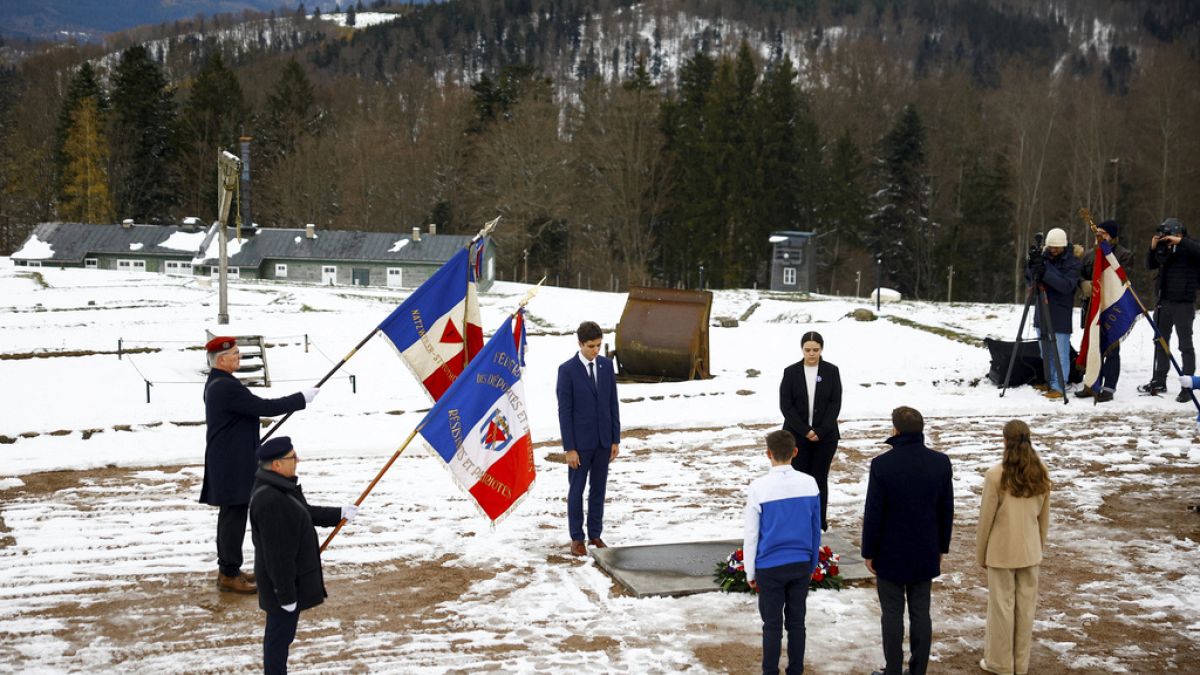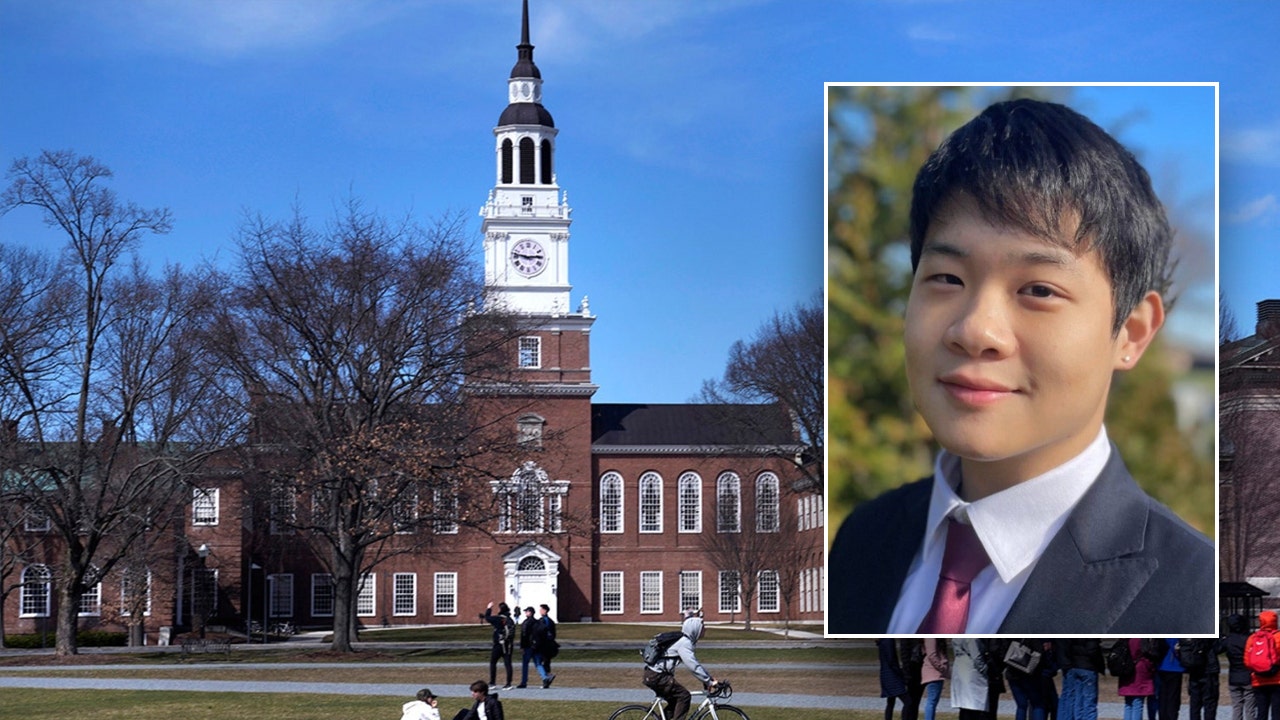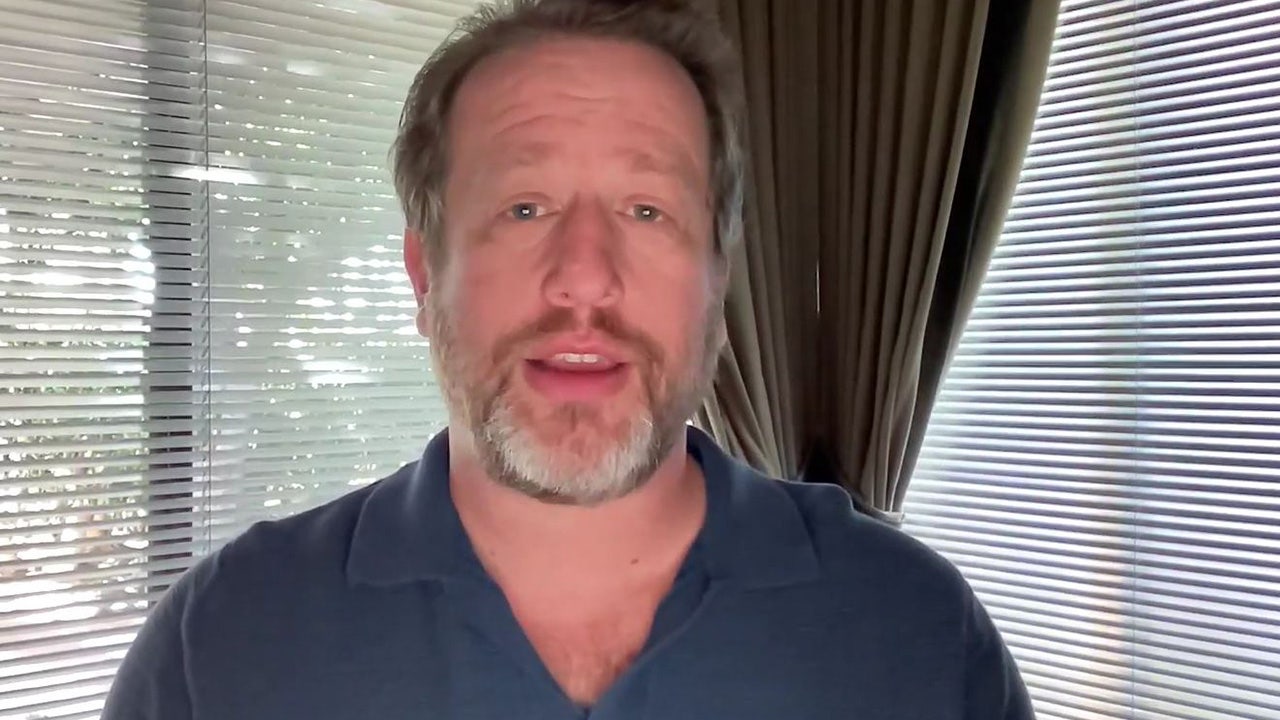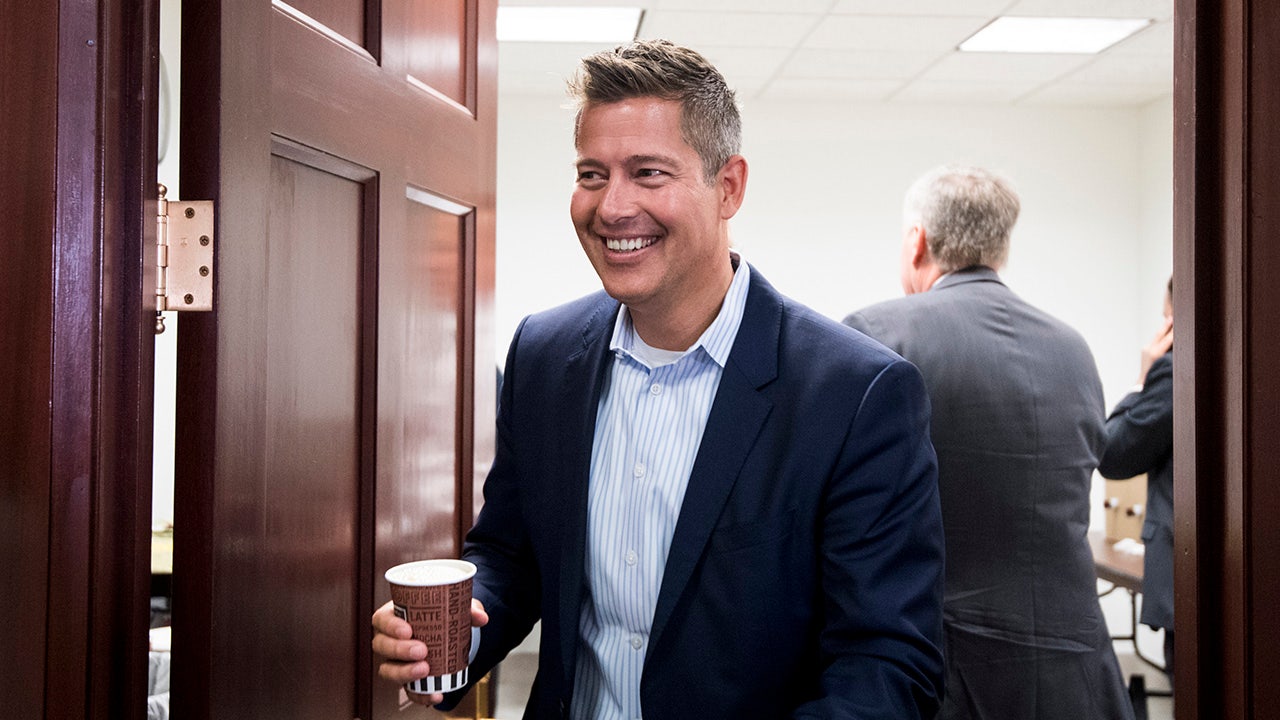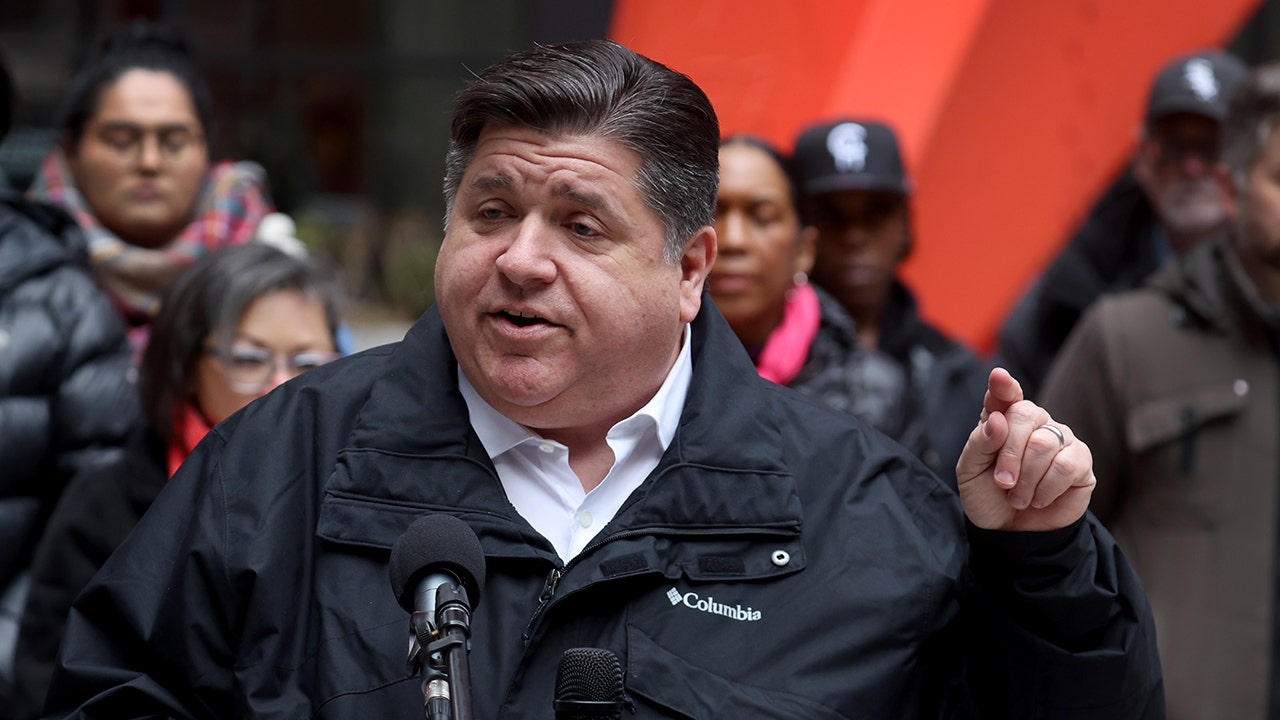Election officials in Georgia, North Carolina and Florida are working quickly to ensure voters can still securely cast early ballots, despite the devastating storm impacts of Hurricane Helene that have in some cases left them without power, water and cell service.
Potential solutions in the affected counties of the three states, which could determine the White House, could include extra polling places, extending early voting and making it easier to drop off mail ballots.
“We have no power. We have no water. Cell service is limited, so right now the concern is a delay in getting the absentee ballots mailed out, a delay in receiving the mail,” W. Travis Doss, Jr., the executive director of the Augusta-Richmond County Board of Elections in Georgia, told CNN. Doss said some of the county’s 43 polling locations could be “unable to be used.”
“This damage extends far beyond flood damage,” said Karen Brinson Bell, executive director of the North Carolina State Board of Elections. “There may be polling places inaccessible because of damaged roads. There may be polling places with trees that have fallen on them.”
Mail service has been paused in a wide swath of zip codes in the three states, according to the US Postal Service, presenting fresh challenges to delivering and receiving mail-in ballots.
“We’re working diligently with our partners at the USPS,” Travis Hart, president of the Florida Supervisors of Elections, told CNN. “Some of their facilities were damaged too, some of them completely washed away.”
Elections officials are confident there won’t be a problem getting the help they need.
With the state legislature coming back into session, Bell and her team are assessing different potential legislative asks to make, but Bell said that they are not sure about whether it would be worth it to extend the receipt of absentee ballots by a few days, stating that she is more concerned about “communities that are isolated” and cannot send or receive mail.
“We’ve identified a number of different options that might be more beneficial,” Bell said, including allowing voters to drop off ballots on Election Day instead of just being able to drop them off at early voting sites and Election Day polling places.
Hart is working closely with Florida’s governor’s office to get an executive order to assist the elections office due to the weather emergency, similar to the one the elections offices received with Hurricane Ian in 2022 and Hurricane Michael in 2018.
Hart said his team is asking to consolidate polling places and open up voting centers so that people aren’t required to vote at their precinct, which could be damaged, closed or inaccessible. He also plans to request extending early voting until Election Day, since typically in Florida early voting goes until the Sunday before.
In North Carolina, Bell is considering working with state emergency management and the North Carolina National Guard to set up temporary polling places if needed.
“It was during Hurricane Dorian that we actually had voting from a tent that was stood up by the National Guard that made voting possible in Hyde County,” Bell said. “We will take the measures necessary to ensure that we can deliver voting.”
Bell added, “We’ll also be looking at whether we go before the board and ask for them to consider more mergers of polling places, potentially extending the use of our early voting facilities, since we know that those are usually larger, have more parking.”
Another potential concern is the number of poll workers available given the circumstances, especially if the workload may increase.
Bell said that the state board is considering an emergency authority to expand who can become a poll worker at a precinct.
Hart echoed that consideration, stating, “Under Florida statute, currently, you have to be registered within that county to be a poll worker. But we would maybe waive that rule so that counties that are neighboring counties, maybe some of their folks who would like to work in election, could come across county lines and help out these counties that are in desperate need of it.”
The integrity of the election shouldn’t be a concern, the election workers and outside observers say.
Chris Mann, research director at the nonpartisan Center for Election Innovation and Research, said Tuesday there is a lot of “resilience” built into North Carolina’s mail voting system, which should mitigate some of the challenges from Hurricane Helene.
“All of those ballots have tracking… North Carolina uses it to the fullest,” Mann said.
Thanks to the tracking system, election officials can void mail ballots that were already delivered to homes that are now destroyed, Mann said. New mail ballots can then be issued to voters and sent to their current location.
“What they’ll need to do is just contact their county board of elections, ask them to spoil their current ballot. Spoiling just means that you’re going to delete it so that it’s not going to count anymore, and reissue a ballot to your new location,” said Paul Cox, general counsel of the North Carolina State Board of Elections.
Bell added that the state’s tracking system, BallotTrax, can help North Carolina voters determine where their ballot may be and whether it was lost in transit. She stated that the processes in place help ensure that ballots are correctly counted and associated with the proper person, and that voters should trust the electoral process.
“Elections people are resilient, just like the people that live in the mountains,” Bell said.
Read the full article here



